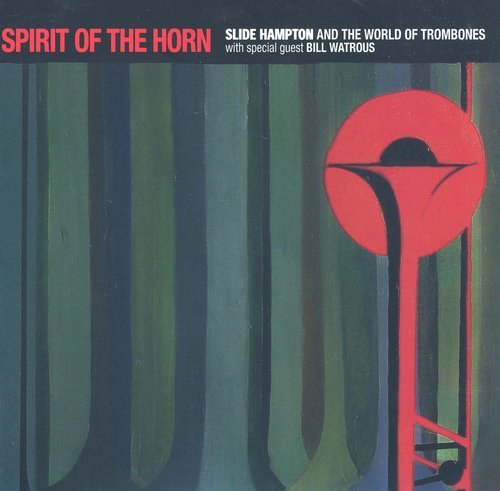Chicago - Chicago 17 (2013) [Hi-Res]
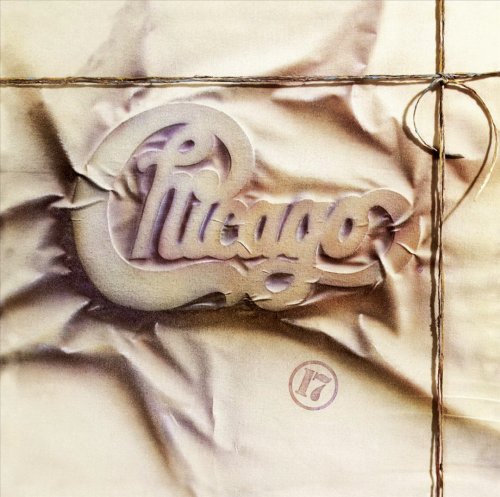
Artist: Chicago
Title: Chicago 17
Year Of Release: 1984
Label: Rhino/Warner Bros.
Genre: Jazz Rock
Quality: FLAC (tracks) 24bit 192kHz
Total Time: 41:12
Total Size: 1.5 GB
WebSite: Album Preview
Produced by David Foster, Chicago 17 is the band’s 1984 classic. The album marks the final outing with founding bassist/vocalist, Peter Cetera. It reached #4 on the Billboard 200 and features the hit singles, “Along Comes A Woman,” “Hard Habit To Break,” “Stay The Night” and “You’re The Inspiration.” The album would win a GRAMMY® for Best Engineered Recording, Non Classical and the track, “Hard Habit To Break” won for Best Instrumental Arrangement Accompanying Vocalist(s)/Best Background Arrangement.Title: Chicago 17
Year Of Release: 1984
Label: Rhino/Warner Bros.
Genre: Jazz Rock
Quality: FLAC (tracks) 24bit 192kHz
Total Time: 41:12
Total Size: 1.5 GB
WebSite: Album Preview
Tracklist:
1 Stay The Night 3:49
2 We Can Stop The Hurtin' 4:12
3 Hard Habit To Break 4:43
4 Only You 3:55
5 Remember The Feeling 4:28
6 Along Comes A Woman 4:15
7 You're The Inspiration 3:49
8 Please Hold On 3:38
9 Prima Donna 4:11
10 Once In A Lifetime 4:12
Chicago 16 finally gave Chicago a big hit after a four-year drought, thanks in large part to new producer David Foster, who steered the jazz-rock veterans toward a streamlined, crisply produced pop direction on that 1982 effort. Given that success, it's no surprise that the septet teamed with Foster again for its next album, 1984's Chicago 17 (apparently Roman numerals were left behind along with their progressive jazz-rock). It's also no surprise that Foster took an even greater control of 17, steering the group further down the adult contemporary road and pushing Peter Cetera toward the front of the group, while pushing the horns toward the back. Indeed, it's often possible to not notice the horns on 17; they either fade into the background or meld seamlessly with the synthesizers that are the primary instruments here, providing not just the fabric but foundation of nearly all the arrangements, as synth bass and drum machines replaced the rhythm section. This did not sit well with many longtime fans -- and it may have also caused some tension within the group, since Cetera left after this album -- but it did make for the biggest hit album in Chicago's history, going quadruple platinum and peaking at number four on the Billboard charts. A big reason for its success is the pair of hit ballads in "Hard Habit to Break" and "You're the Inspiration," two big and slick dramatic ballads that each peaked at number three on the charts and helped set the sound for adult contemporary pop for the rest of the decade; the likes of Michael Bolton and Richard Marx are unimaginable without these songs existing as a blueprint (in fact, Marx sang backup vocals on "We Can Stop the Hurtin'" on 17).
Ballads were a big part of 17 -- in fact, these hits and album cuts like "Remember the Feeling" are among the first power ballads, ballads that were given arena rock flourishes and dramatic arrangements but never took the focus off the melody, so housewives and preteens alike could sing along with them. Power ballads later became the province of hair metal bands like Bon Jovi and Poison, but Foster's work with Chicago on 17 really helped set the stage for them, since he not only gave the ballads sweeping rock arrangements, but the harder, punchier tunes here play like ballads. Even when the band turns up the intensity here -- "Stay the Night" has a spare, rather ominous beat that suggests they were trying for album-oriented rock; "Along Comes a Woman" has a stiff drum loop and a hiccupping synth bass that suggests dance-pop -- the music is still slick, shiny, and soft, music that can appeal to the widest possible audience. 17 did indeed find the widest possible audience, as it ruled radio into late 1985, by which time there were plenty of imitators of Foster's style. There may have been plenty of imitators -- soon, solo Cetera was one of them, making music that was indistinguishable from this -- but nobody bettered Foster, and Chicago 17 is his pièce de résistance, a record that sounded so good it didn't quite matter that some of the material didn't stick as songs; as a production, it was the pinnacle of his craft and one of the best adult contemporary records of the '80s, perhaps the best of them all. Certainly, it's hard to think of another adult contemporary album quite as influential within its style as this -- not only did it color the records that followed, but it's hard not to think of Chicago 17 as the place where soft rock moved away from the warm, lush sounds that defined the style in the late '70s and early '80s and moved toward the crisp, meticulous, synthesized sound of adult contemporary pop, for better or worse, depending on your point of view. [Rhino reissued Chicago 17 in 2006 with remastered sound and a bonus track: Robert Lamm's previously unreleased "Where We Begin."]
Ballads were a big part of 17 -- in fact, these hits and album cuts like "Remember the Feeling" are among the first power ballads, ballads that were given arena rock flourishes and dramatic arrangements but never took the focus off the melody, so housewives and preteens alike could sing along with them. Power ballads later became the province of hair metal bands like Bon Jovi and Poison, but Foster's work with Chicago on 17 really helped set the stage for them, since he not only gave the ballads sweeping rock arrangements, but the harder, punchier tunes here play like ballads. Even when the band turns up the intensity here -- "Stay the Night" has a spare, rather ominous beat that suggests they were trying for album-oriented rock; "Along Comes a Woman" has a stiff drum loop and a hiccupping synth bass that suggests dance-pop -- the music is still slick, shiny, and soft, music that can appeal to the widest possible audience. 17 did indeed find the widest possible audience, as it ruled radio into late 1985, by which time there were plenty of imitators of Foster's style. There may have been plenty of imitators -- soon, solo Cetera was one of them, making music that was indistinguishable from this -- but nobody bettered Foster, and Chicago 17 is his pièce de résistance, a record that sounded so good it didn't quite matter that some of the material didn't stick as songs; as a production, it was the pinnacle of his craft and one of the best adult contemporary records of the '80s, perhaps the best of them all. Certainly, it's hard to think of another adult contemporary album quite as influential within its style as this -- not only did it color the records that followed, but it's hard not to think of Chicago 17 as the place where soft rock moved away from the warm, lush sounds that defined the style in the late '70s and early '80s and moved toward the crisp, meticulous, synthesized sound of adult contemporary pop, for better or worse, depending on your point of view. [Rhino reissued Chicago 17 in 2006 with remastered sound and a bonus track: Robert Lamm's previously unreleased "Where We Begin."]
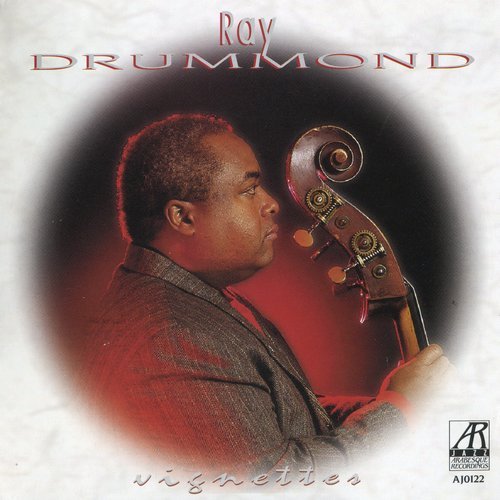
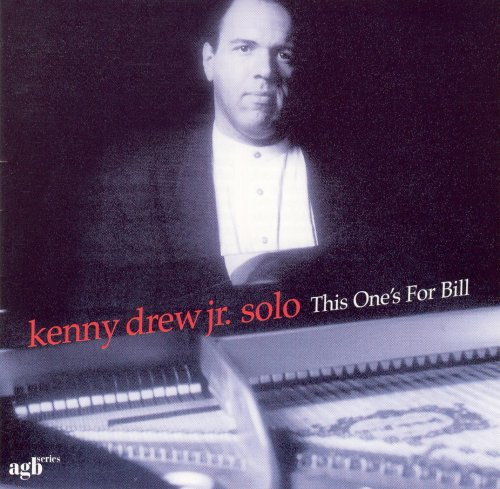

![Vivian Rosie - Twilight Voodoo (2026 Remaster) [Hi-Res] Vivian Rosie - Twilight Voodoo (2026 Remaster) [Hi-Res]](https://www.dibpic.com/uploads/posts/2026-02/1771389602_cover.jpg)
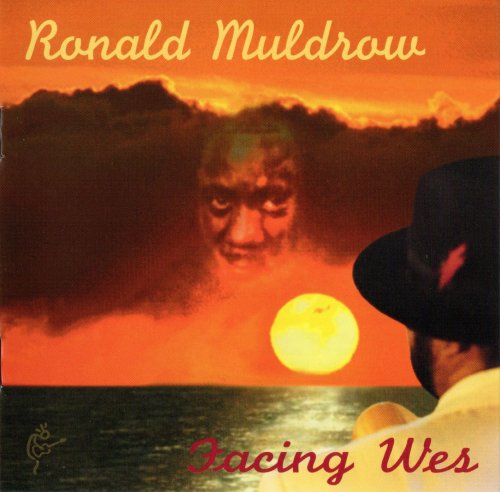
![Anna Kolchina - Reach for Tomorrow (2026) [Hi-Res] Anna Kolchina - Reach for Tomorrow (2026) [Hi-Res]](https://img.israbox.com/img/2026-02/19/quc4em3qn6fgke1rwewkbdxg5.jpg)
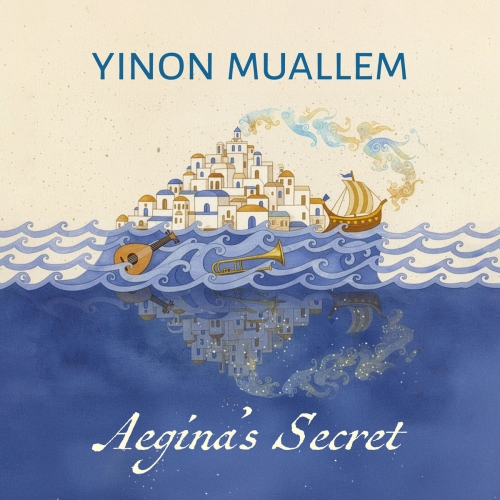
![Nicole McCabe - Color Theory (2026) [Hi-Res] Nicole McCabe - Color Theory (2026) [Hi-Res]](https://www.dibpic.com/uploads/posts/2026-02/1771327761_folder.jpg)
